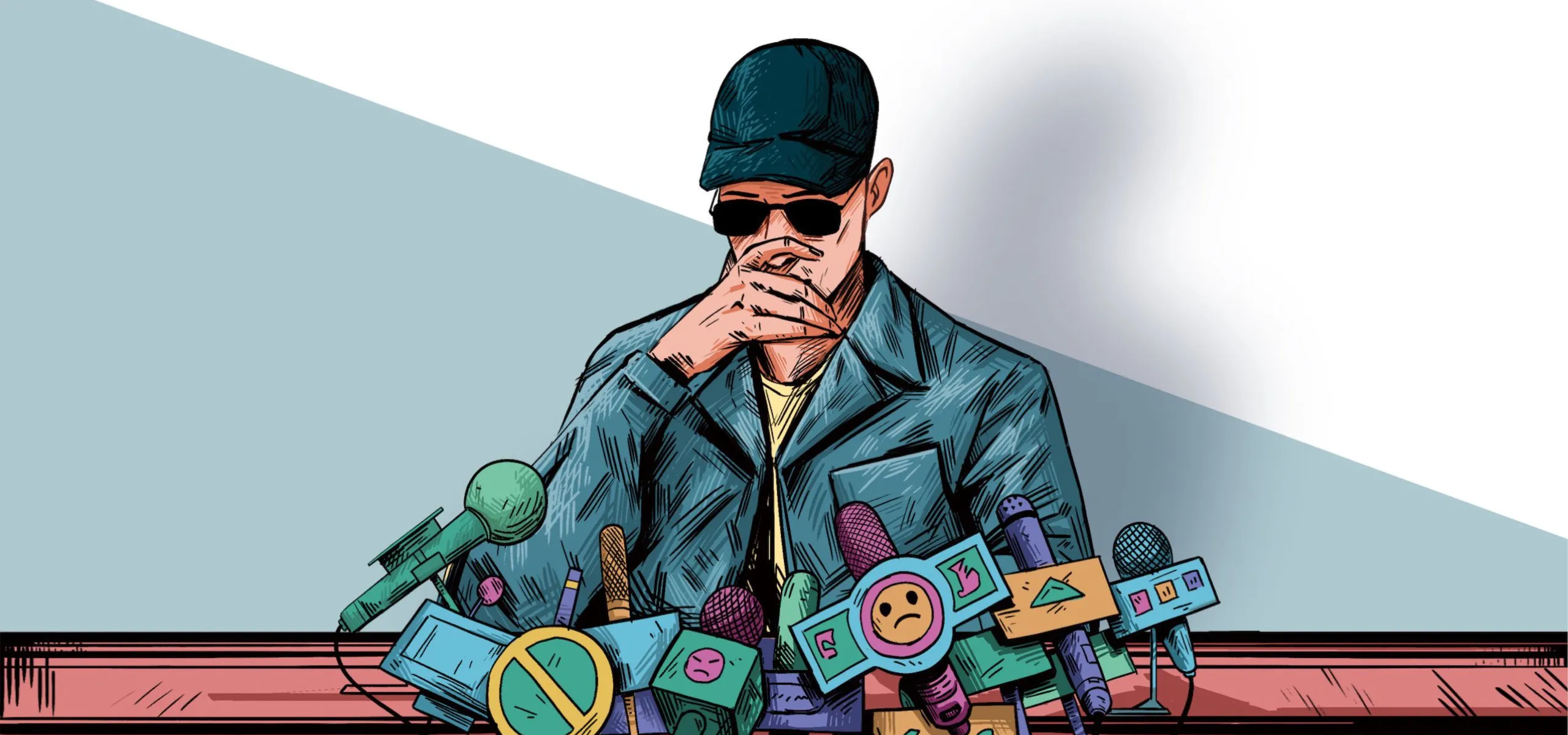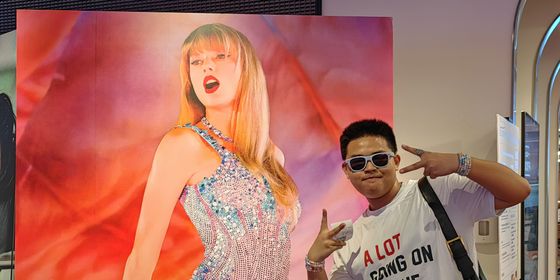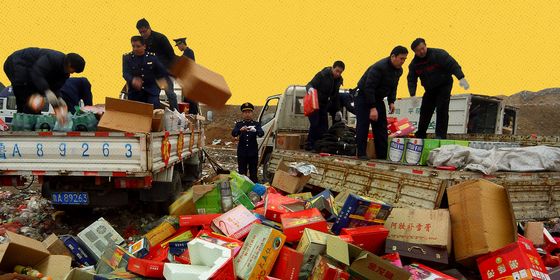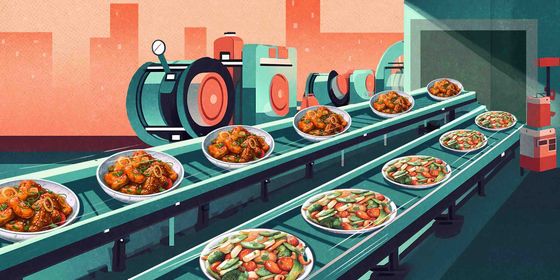Why do Chinese fans expect social responsibility and absolute morality from stars?
It was a fall of Icarian scale. For over a decade, actress Zheng Shuang had been a rising star, taking lead roles in popular TV shows, receiving prestigious awards and luxury brand endorsements.
But it all came crashing to the ground on January 18, 2021, when Zheng’s ex-boyfriend Zhang Heng revealed that the couple had become parents to two children in the US by surrogacy a year prior, and that Zheng was refusing to sign papers that would bring the infants back to China.
Zheng hiring two surrogate mothers in the US, while surrogacy is illegal in the PRC, drew the public’s ire as it illustrated how the rich and famous can skirt the country’s laws. But perhaps worse was a purported voice recording of Zheng complaining that the fetuses were too far along to be aborted, and her mother suggesting they “abandon” the children after they are born. The public storm was so large that the State Administration of Radio and Television waded in, issuing a statement on their WeChat account that “surrogacy and abandonment [of children] are against social morality” and, as a result, “we will not provide victims of scandal opportunities and platforms to speak out and show their faces.”
Within two days of the incident, Prada had withdrawn an endorsement contract with Zheng. Her awards were revoked, welfare activities cancelled, and her face replaced in new film releases. The offences have since started to pile up, culminating in April with accusations that Zheng has been evading taxes—echoing the 2018 scandal that dethroned megastar actress Fan Bingbing, who disappeared from the public eye for months after—and making a comeback from the 29-year-old seem impossible.
Like most celebrity cultures across the globe, China’s singers and actors, or mingxing (明星), are no strangers to scandal. But whereas tales of infidelity and drug-addiction rarely lead to Hollywood stars getting cancelled—and may even boost their notoriety—poor private conduct can destroy entire public careers in China.
Take actress Li Xiaolu, revealed to be having an extra-marital affair with the rapper PG One in November, 2018. Although both denied the accusations, Li and her husband divorced shortly after, and the career of neither entertainer has recovered: Li has not released a movie since 2019, and PG One has withdrawn almost entirely from public life. A bar in Xi’an gave him a chance for a “comeback” last summer only on the condition that he sang offstage while another rapper lip-synched the words onstage—but he was discovered by the audience within ten minutes, and booed out of the venue.
China isn’t alone in setting high moral standards for their stars. Retired table-tennis star Ai Fukuhara was branded “selfish” and “flippant” by Japanese netizens after being spotted allegedly cheating on her spouse in March this year, and publicly apologized for her “reckless behavior.” At around the same time, several prominent South Korean pop and film stars were accused of having been school bullies—actress Seo Ye-ji was dropped by numerous brands she endorsed and by the upcoming K-drama Island over the allegations.
Why do East Asian fans take such transgressions so seriously? A 2019 study from Erasmus University, Rotterdam, sampled 15 well-educated Chinese respondents from both genders and a variety of ages, from eight different regions. All respondents expected celebrities to “fulfill social responsibility.” The study concluded that although the state had no clear guidelines on celebrity behavior (at the time), the collectivism of Chinese society, as with most East Asian cultures, played a substantial role in driving public ire toward misbehaving idols.
The Moral Burden of Being a Chinese Celebrity is a story from our issue, “Something Old Something New.” To read the entire issue, become a subscriber and receive the full magazine.













